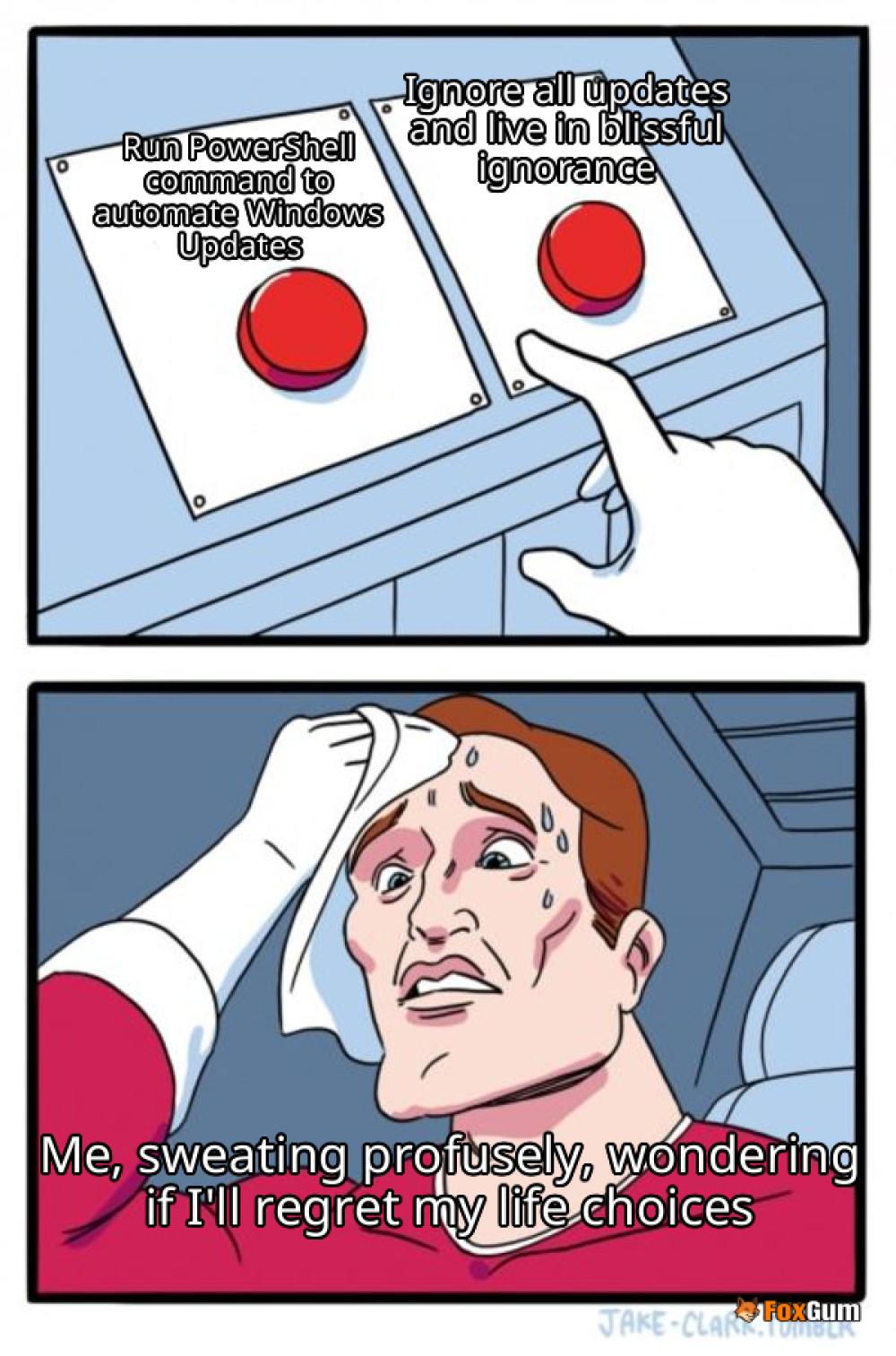
The Importance of an Experience Letter
In the world of job applications, an experience letter is like that trusty umbrella you carry around. You might not need it every day, but when the rain hits, you’ll be glad you have it! This formal document, crafted by a current or former employer, serves to confirm the time an employee spent with the company, along with the skills and knowledge they gained during that period.
Why Do You Need an Experience Letter?
So, why is this letter so crucial? Well, think of it as a gold star on your job application. It validates the claims you make about your skills and experience in your resume, cover letter, or CV. Employers love proof, and this letter is like showing them your report card after a successful semester—who wouldn’t want to flaunt that?
What to Include in an Experience Letter?
When drafting an experience letter, there are several key elements that should never be overlooked:
- Employee Details: Name, designation, and the duration of employment should be clearly stated. It’s like putting your name on your lunchbox—essential for identification!
- Job Responsibilities: A brief overview of the employee's duties helps the new employer understand their role. Think of it as a mini resume.
- Skills and Achievements: Highlighting specific skills or achievements is like adding a cherry on top of a sundae. It makes the letter more appealing!
- Employer Details: The letter should be signed by someone in authority, like a supervisor or manager. This adds credibility, just like a signature from your favorite celebrity!
How to Request an Experience Letter?
Asking for an experience letter can feel a bit daunting, like asking your crush out for coffee. Here’s how to do it gracefully:
- Choose the Right Time: Timing is everything. Approach your employer when they’re not juggling a million tasks.
- Be Polite: A simple “Could you please help me with an experience letter?” goes a long way. Remember, respect is key!
- Provide Details: Offer any specific points you’d like included. This is like giving them a cheat sheet for the exam!
- Give Them Time: Don’t expect it instantly. Allow them a reasonable timeframe to draft the letter.
What If They Can’t Write One?
Sometimes, an employer might not feel comfortable writing an experience letter due to lack of personal experience with the employee. In such cases, it’s best to know sooner rather than later. A simple “I’m sorry, but I can’t provide a detailed letter” is better than a half-hearted attempt.
Conclusion
In conclusion, an experience letter is an essential document that can significantly enhance your job application. It’s like the secret sauce that makes your resume stand out in a sea of plain burgers. So, whether you’re an employer or an employee, understanding the value of this letter is crucial. Happy job hunting! 😊

















 Landlords Apartment Look Outside
Landlords Apartment Look Outside 
 Health
Health  Fitness
Fitness  Lifestyle
Lifestyle  Tech
Tech  Travel
Travel  Food
Food  Education
Education  Parenting
Parenting  Career & Work
Career & Work  Hobbies
Hobbies  Wellness
Wellness  Beauty
Beauty  Cars
Cars  Art
Art  Science
Science  Culture
Culture  Books
Books  Music
Music  Movies
Movies  Gaming
Gaming  Sports
Sports  Nature
Nature  Home & Garden
Home & Garden  Business & Finance
Business & Finance  Relationships
Relationships  Pets
Pets  Shopping
Shopping  Mindset & Inspiration
Mindset & Inspiration  Environment
Environment  Gadgets
Gadgets  Politics
Politics 